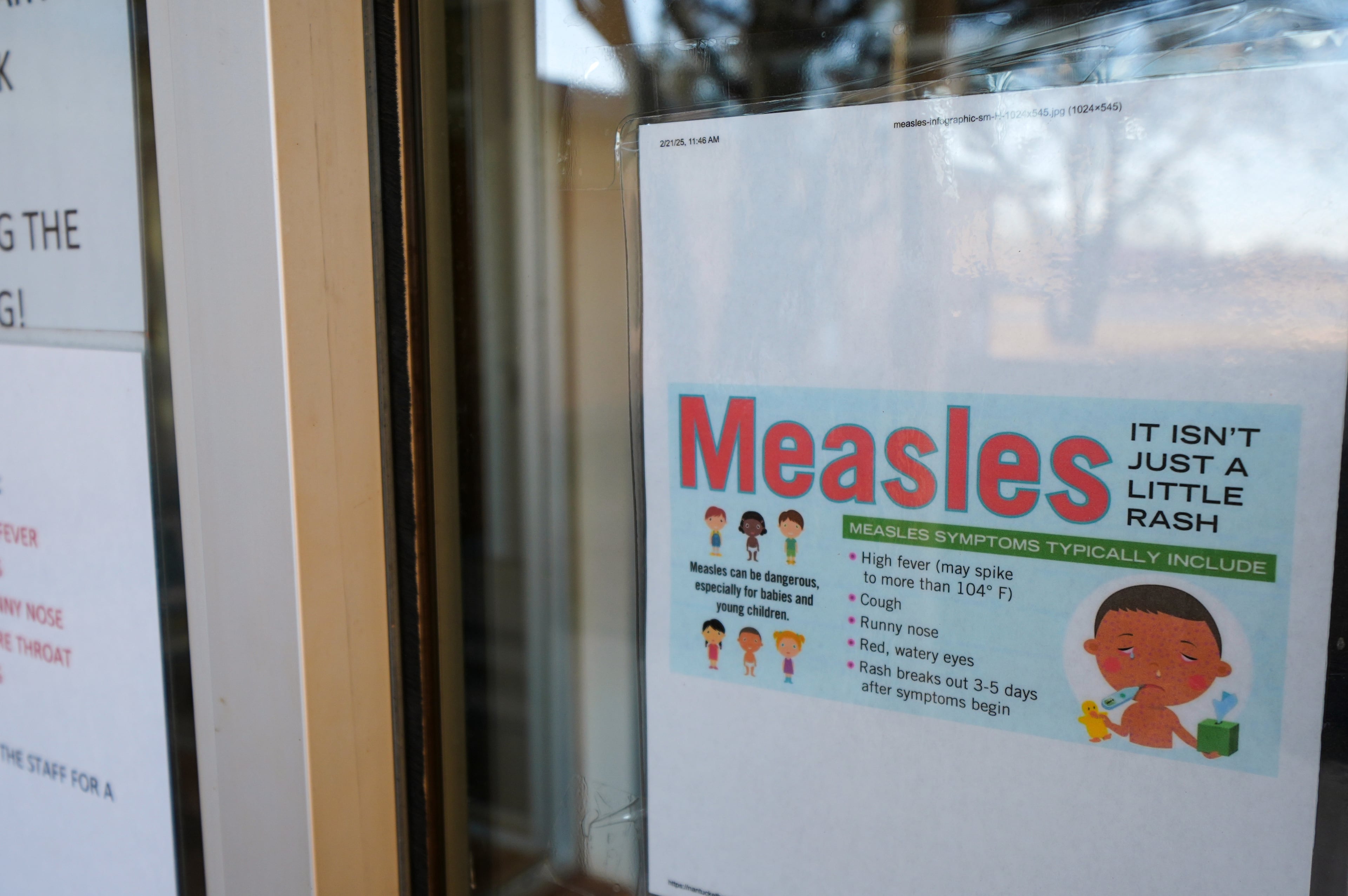Grady wins approval to open free-standing emergency room in south Fulton County

Grady Health System has won state approval to build a freestanding emergency room in south Fulton County, clearing a major hurdle, according to documents filed by the Georgia Department of Community Health.
“It’s great news for south Fulton County,” Fulton County Chairman Robb Pitts said.
Patients facing medical crises in Fulton County south of I-20 have been without a full-service hospital in that area since Wellstar Health System closed Atlanta Medical Center-South in East Point in 2022. Grady announced its intention to build the ER in April, but that still left a crucial step.
No hospital can open unless the state grants what is known as a Certificate of Need, agreeing that the service is actually needed there. Even large hospital chains have on occasion been denied a certificate if their competitors oppose the plan.
“We knew that this was a hurdle, and you never know what could happen,” said Shannon Sale, Grady Health System’s chief strategy officer. “We’re just thrilled to get that accomplished.”
In this case, the patient population was not a lucrative one drawing competitive hospital bids. Patients in south Fulton County are less likely than in other parts of the state to have good insurance that pays for their medical care.
Grady has opened two new clinics in south Fulton since the AMC closures, and Wellstar has given temporary funding to another clinic. But a clinic typically can’t offer the same level of expertise and machinery as a hospital emergency room. An ER can offer the quickest intervention for patients needing urgent care, such as for heart attacks or strokes.
“It can take 45 minutes from south Fulton to get to Grady right now,” Pitts said. “Every minute can be critical in an emergency situation.”
The new ER will be located in Union City and is expected to hold 16 patient bays inside 20,000 square feet. It will be open 24 hours a day, seven days a week, and be fully staffed with board-certified physicians, nurses and other clinicians, Grady said earlier this year.
The facility is expected to cost about $38.9 million to build, according to state documents. Pitts said Fulton County would fund about $19 million of the cost to build it. Sale said Grady expects the facility to bring in enough revenue from patient care to be self-sustaining. She said Grady would fund the ongoing operating costs without the county.
One doctor who works at both Grady and Emory health systems said the step is a moment to celebrate but leaves much undone.
“There are a variety of health emergencies where the time it takes to get you to an emergency room can be the difference between life and death,” said Dr. Mark Spencer, assistant professor of medicine at Emory.
However, Spencer said, “We should not lose sight of the need for more robust investments in the social determinants of health across south Fulton neighborhoods.” Social determinants of health are things that cause people in some neighborhoods to get sick and are more common there than in wealthier neighborhoods.
After Wellstar closed AMC-South and the much larger AMC in Atlanta, patients who used to go to those emergency rooms for care swamped other hospitals’ emergency rooms.
On Monday afternoon, a service tracking metro emergency rooms’ capacity listed Grady Memorial Hospital’s ER as “dangerously overcrowded,” advising ambulances to call a diversion hotline before delivering patients to Grady. Likewise, Piedmont Atlanta’s ER was listed as “severely overcrowded” and Emory University Hospital’s was “dangerously overcrowded.”
In April, Grady CEO John Haupert issued a statement saying “the residents in this area deserve the same level of quality care available in other areas, and Grady is proud to take this major step toward fulfilling that need.”
Grady’s statement at the time specified that the ER is for patients with “serious injuries or life-threatening conditions.”
With 16 bays, it won’t have the space to treat people seeking care for minor illnesses. One of the complaints Wellstar had about running an ER in East Point was that the majority of patients who came there could have been seen in an urgent care clinic and did not require hospitalization.
This story was updated to include comment from Grady Health System on Tuesday morning.



